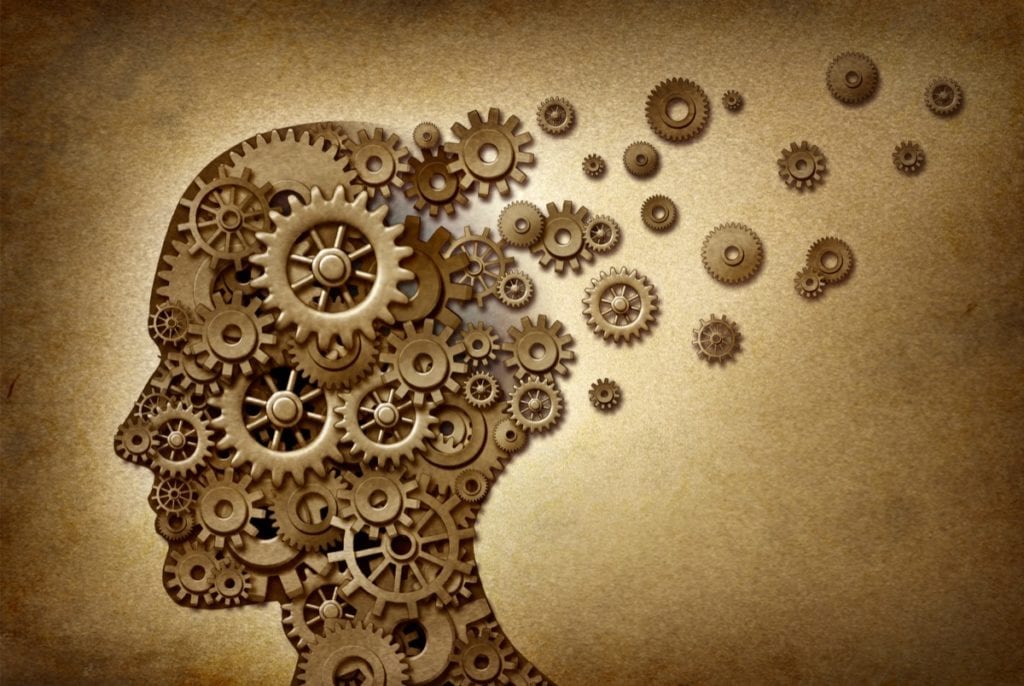Almost 6 million people in the United States alone suffer from Alzheimer’s Disease.
It affects individuals age 65 and older, primarily impacting those 75 and older.
What Causes Alzheimer’s Disease?
While the exact cause of Alzheimer’s isn’t known, it generally is the result of brain proteins failing to function normally, which disrupts brain cells, causing them to become damaged, and then die over time.
The current scientific research indicates Alzheimer’s is caused by a combination of lifestyle, environment/living conditions and genetics.
What Are Common Alzheimer’s Symptoms and Signs?
The common symptoms of Alzheimer’s can include any of the following:
- Memory Loss
- Behavior or Personality Changes
- Problems With Cognitive Skills (reading, writing, etc.)
- Reasoning or Critical Thinking Problems
- Problems Making Decisions
- Problems Performing Basic, Routine Tasks
Problems with memory loss are the primary symptom of Alzheimer’s, but it should also be noted that everyone has lapses with their memory and that they are other treatable health conditions that may cause it, so it’s important to get diagnosed before assuming you have Alzheimer’s.
How Many Alzheimer’s Stages Are There?
Alzheimer’s Disease is generally categorized in 3 stages: Early, Middle and Late.
They are also sometimes referred to as Mild, Moderate and Severe.
As the stages suggest, they increase in severity over time.
On average, people will live 4 to 8 years after diagnosis, but it can also be as long as 20 years, depending on different factors and adoption of lifestyle changes noted below.
Can You Treat or Prevent Alzheimer’s?
While Alzheimer’s can’t be prevented, there is a great deal of research being done to try and treat the disease.
Recent studies indicate that lifestyle changes can help lower the risk/affects of Alzheimer’s Disease, including:
- Stop smoking
- Regular exercise
- Adopting a diet that includes fresh vegetables and fruits, healthy oils and low saturated fats.
- Staying on top of the following health conditions: high blood pressure, high cholesterol and diabetes
In addition, there are numerous drugs being developed and tested to try and help with Alzheimer’s Disease.
As noted above, early diagnosis is key to possibly treating and even slowing down Alzheimer’s Disease. If you suspect you or a loved one may have the disease, make sure to see a medical professional as soon as possible.




